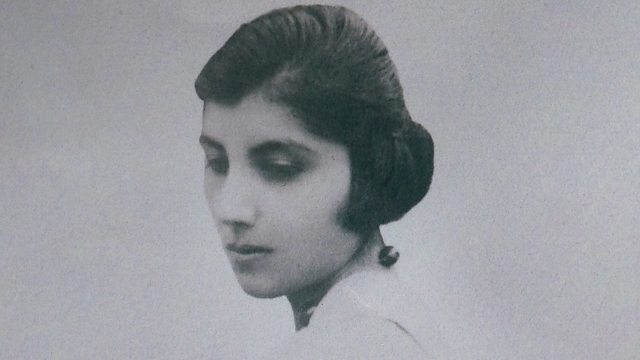
The Hindu Bard
In 1914 an Indian student caused a sensation when she won a top Welsh cultural prize - the bardic chair - at the 1914 University College of Wales Eisteddfod held in Aberystwyth.
In 1914 a 19-year-old Indian student caused a sensation when she was awarded the top prize - the bardic chair - at the 1914 University College of Wales Eisteddfod held in Aberystwyth.
All the entries in the prestigious Welsh language and literature contest were submitted under pseudonyms. When the winner was awarded to "Shita", for an ode written in English, Dorothy Bonarjee revealed herself as the author, and received a "deafening ovation". It was the first time ever that the competition had been won by a non-European, or even by a woman.
So who was Dorothy Bonarjee, and how did she come to win one of Wales' most prestigious cultural prizes? Andrew Whitehead unearths the story, in conjunction with Dorothy's niece Sheela, who recalls her aunt as a source of inspiration: confident, independent and often (later in life) with a whisky-and-soda to hand.
The ode that triumphed at the college Eisteddfod was just the start of Dorothy’s poetic success. She contributed several poems to the newly-established Welsh Outlook, which was both a harbinger and reflection of increased national and cultural self-confidence.
Despite this early promise, things didn’t always go Dorothy’s way, however. On the back of one poem she wrote: "Written at the age of 22 when a Welsh student after three years of secret engagement dropped me because his parents said ‘She is very beautiful and intelligent - but she is Indian’."
Last on
Broadcasts
- Fri 19 Feb 2021 18:3091�ȱ� Radio Wales
- Mon 22 Feb 2021 05:3091�ȱ� Radio Wales
- Sun 1 Aug 2021 06:0091�ȱ� Radio Wales
- Mon 2 Aug 2021 05:3091�ȱ� Radio Wales
